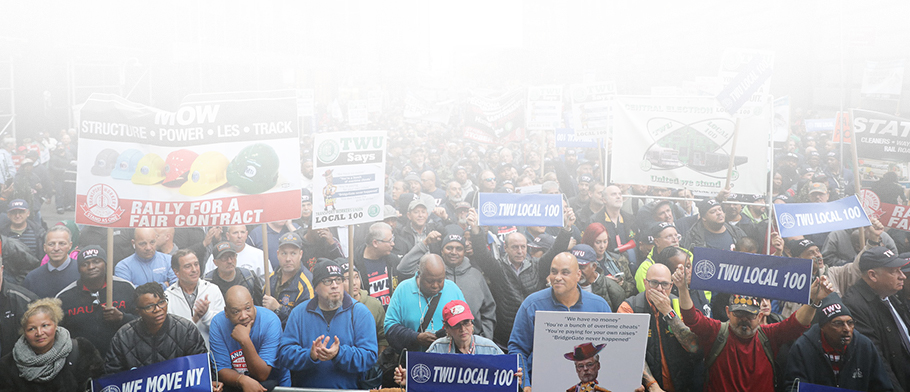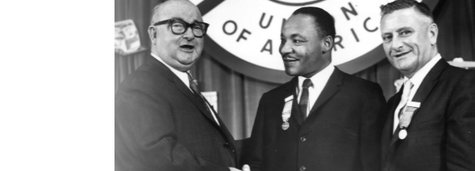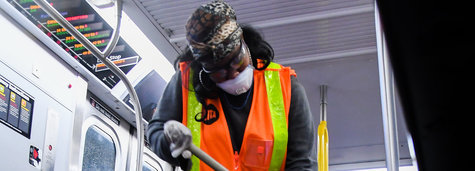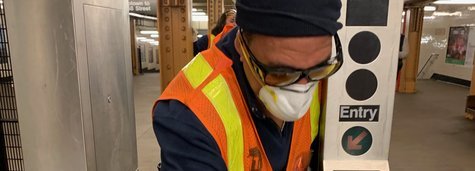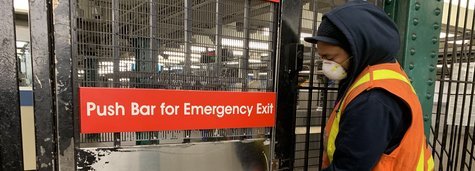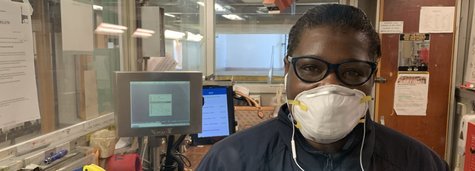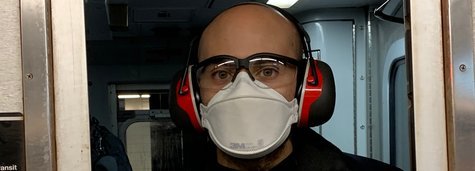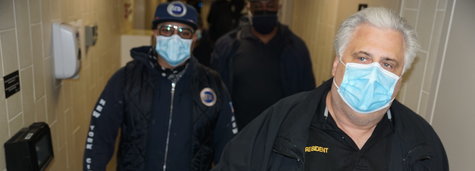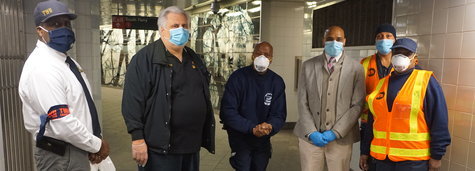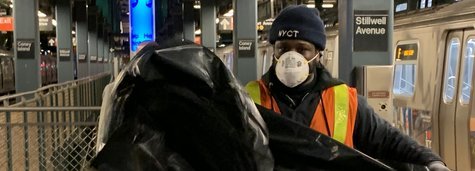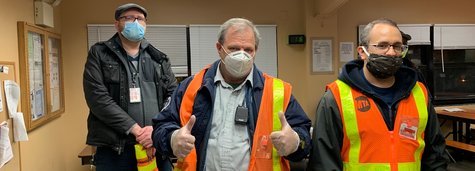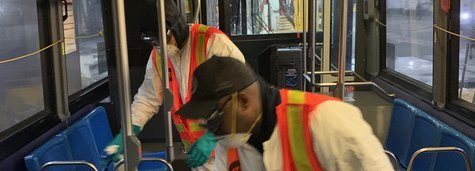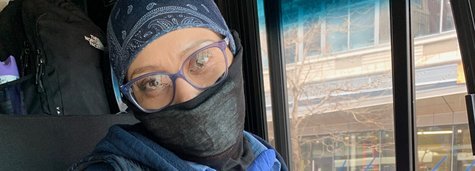|
 LOVED LOVED
The Central Park carriage horses are loved. They receive excellent care and treatment. Many of the carriage drivers and stable hands are immigrants raised on farms in their home countries, or first-generation Americans who learned their trade from their parents. They have a unique bond with these magnificent animals, which were bred for centuries to work with people.
The NYC horse-carriage workers are wholeheartedly committed to animal welfare.
 Healthy Healthy
Carriage horses live long, healthy lives. Every equine veterinarian who has examined the NYC carriage horses has remarked on their good health and care. The American Veterinary Medical Association, the American Association of Equine Practitioners, and the New York State Veterinary Medical Society have all endorsed horse-carriage rides in New York City.
Carriage horses are not stressed by the city. The overwhelming majority of rides are in bucolic Central Park. A study of cortisol levels in NYC carriage horses by Dr. Joe Bertone of Western University concluded they have exceptionally low levels of this stress hormone while working in the city, and they appear to be more stressed while vacationing on the farm.
 Vacations and Regulations Vacations and Regulations
Each horse gets at least 5 weeks of vacation on a farm every year. They are subject to some of the most extensive horse regulations in the country, and are overseen by 5 city agencies, including the Department of Health and the NYPD Mounted Police Unit. Carriage horses can’t work in extreme heat or cold. They can’t work more than nine hours per day. They must have stalls large enough to turn around and lie down comfortably. They are examined by veterinarians at least four times year: two regularly scheduled exams, and exams before and after their vacations.
|
|
 POLITICS AND REAL ESTATE POLITICS AND REAL ESTATE
There are 68 licensed carriages and more than 100 horses in three stables on the West Side of Manhattan. Each carriage owner essentially is a “mom-and pop” business. They support hundreds of blue-collar jobs. The horse-carriage folks have been subject to harmful lies and allegations that they abuse their horses. One group in particular stands out: NYCLASS. NYCLASS was founded by the real-estate industry and is funded by the real-estate industry. Why? There are three stables on the West Side of Manhattan and that land now is very valuable. Developers would love to get their hands on these properties to build skyscrapers with high-priced apartments and commercial space. NYCLASS is a smokescreen for an insidious land grab that would put hundreds of blue-collar workers out of work.
 Safe Safe
Not a single horse has been killed in a traffic accident in the last 15 years - and new regulations enacted in recent years have increased safety further. The city banned cars from Central Park in 2018. More than 2,100 pedestrians, meanwhile, were killed by cars and trucks in the city over the last 15 years.
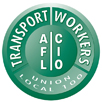 Union Union
The horse-carriage drivers are represented by Transport Workers Union Local 100, which has been a champion for blue-collar New Yorkers for more than 80 years. TWU Local 100 is comprised of 46,000 men and women who operate and maintain the MTA’s bus and subway system; the employees of Big Bus Tours, New York Waterway and Liberty Lines Transit; and several school bus companies in the metropolitan area. Local 100 is part of TWU of America, “America’s Fighting Democratic Union,” with more than 150,000 members across the country in the transportation sector.
|

